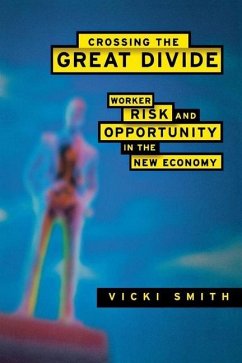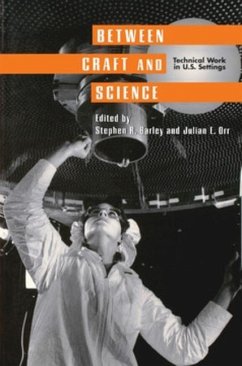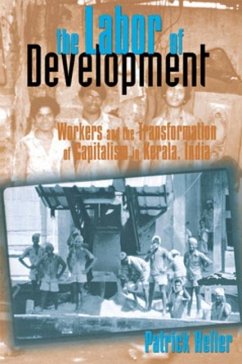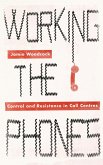The 1990s were years of turmoil and transformation in American work experiences and employment relationships. Trends including the growth of contingent labor, the erosion of the stable employment contract, the restructuring of jobs and companies, and the emergence of opportunity-enhancing employee participation programs reconfigured occupations, career paths, and labor market opportunities. Vicki Smith analyzes this shift, asking how workers navigated their way across the divide between bad jobs and good jobs, between jobs organized hierarchically and jobs requiring greater worker involvement, and between temporary and stable work. Crossing the Great Divide uses original case study data from four diverse organizational settings around the country. Smith compares the situations of nonunionized, white-collar workers at a photocopy service firm; unionized blue-collar workers in a wood-products processing factory; temporary assemblers and clerical workers in a high-tech firm; and unemployed managers, technical workers, and professionals participating in a job search club. The very different experiences revealed in Crossing the Great Divide highlight the way diverse new relationships between companies and their employees play out in workplaces, where new forms of work organization simultaneously create opportunity, instability, and risk for workers. Smith's goal is to construct a new framework of employment that accommodates the unpredictability and turbulence of the 21st century, but that is also "characterized at its core by attachment, reward, protection, commitment, and dignity."
Dieser Download kann aus rechtlichen Gründen nur mit Rechnungsadresse in A, D ausgeliefert werden.









